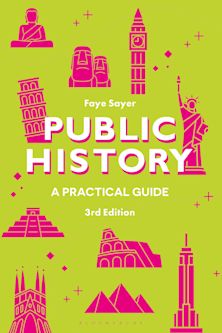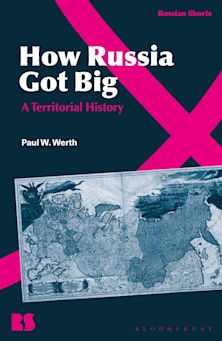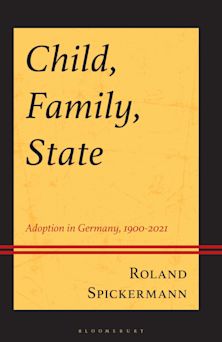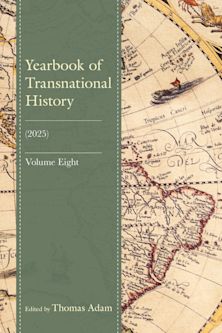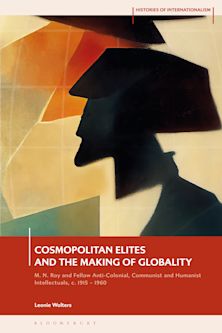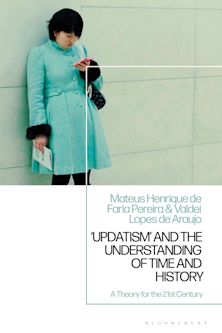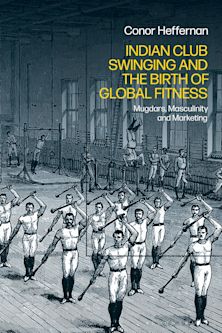The Vienna Summit and Its Importance in International History
The Vienna Summit and Its Importance in International History
This product is usually dispatched within 2-4 weeks
- Delivery and returns info
-
Flat rate of $10.00 for shipping anywhere in Australia
Description
At the beginning of June 1961, the tensions of the Cold War were supposed to abate as both sides sought a resolution. The two most important men in the world, John F. Kennedy and Nikita Khrushchev, met for a summit in Vienna. Yet the high hopes were disappointed. Within months the Cold War had become very hot: Khrushchev built the Berlin Wall and a year later he sent missiles to Cuba to threaten the United States directly.
Despite the fact that the Vienna Summit yielded barely any tangible results, it did lead to some very important developments. The superpowers came to see for the first time that there was only one way to escape from the atomic hell of their respective arsenals: dialogue. The "peace through fear" and the "hotline" between Washington and Moscow prevented an atomic confrontation. Austria successfully demonstrated its new role as neutral state and host when Vienna became a meeting place in the Cold War. In The Vienna Summit and Its Importance in International History international experts use new Russian and Western sources to analyze what really happened during this critical time and why the parties had a close shave with catastrophe.
Table of Contents
1. Introduction: The Vienna Summit and Its Importance in International History
Günter Bischof, Stefan Karner, Barbara Stelzl-Marx
2. Summitry in the Twentieth Century: An Overview
David Reynolds
Part II: Contextualizing the Vienna Summit
United States, France, and Great Britain3. “The First Test of [. . .] Détente Will Be the Berlin Negotiation”: Berlin, Disarmament, and the 1960 Paris Summit
Richard D. Williamson
4. “Vienna, a City that is Symbolic of the Possibility of Finding Equitable Solutions”: John F. Kennedy and His European Summitry in Early June 1961
Günter Bischof and Martin Kofler
5. Great Britain and the Vienna Summit of June 1961
Anne Deighton
6. Paris as Beneficiary of the Unsuccessful Vienna Summit
Georges-Henri Soutou
Soviet Union7. Soviet–American Relations in the Early 1960s
Vladimir Pechatnov
8. Between Pragmatism and Ideology: The U.S. –Soviet Negotiating Process in the Khrushchev Era
Ol’ga Pavlenko
Asia and Africa9. Casting a Long Shadow over Vienna: The Chinese Factor in the Vienna Summit
Michail Prozumenshchikov
10. Laos and the Vienna Summit
Lawrence Freedman
Part III: The Summit
11. Two Days of Drama: Preparation and Execution of the Vienna Summit
Barbara Stelzl-Marx
12. A Difficult Education: John F. Kennedy and Nikita S. Khrushchev in Vienna
Timothy Naftali
13. “Summit Ladies”: Gender Arrangements, Media Staging, and Symbolic Scenes of the 1961Vienna Summit Talks
Ingrid Bauer
14. Moral Masculinity: Gender, Power, and the Kennedy–Khrushchev Relationship
Jennifer Lynn Walton
15. On the Significance of Austrian Neutrality for Soviet Foreign Policy under Nikita S. Khrushchev
Peter Ruggenthaler
16. The Personal Recollections of a Presidential Adviser in Vienna
Ted Sorensen
17. The Personal Recollections of Khrushchev’s Interpreter in Vienna
Viktor Sukhodrev
Part IV: The Berlin Crisis
18. Khrushchev, the Berlin Wall, and the Demand for a Peace Treaty, 1961–1963
Gerhard Wettig
19. The Vienna Summit and the Construction of the Berlin Wall
Manfred Wilke
Appendices
Appendix 1: Soviet Kennedy Profile
Appendix 2: CIA Profile of Krushchev in Kennedy’s Briefing Papers
Appendix 4:Krushchev’s Presidium Statement before the Vienna Trip
Appendix 3-1:Memorandum of Conversation, Vienna, 3 June 1961, 12:45 p.m.
Appendix 3-2:Memorandum of Conversation, Vienna, 3 June 1961, 3 p.m.
Appendix 3-3:Memorandum of Conversation, Vienna, 4 June 1961, 10:15 a.m.
BibliographyAbout the Contributors
Product details
| Published | 19 Dec 2013 |
|---|---|
| Format | Hardback |
| Edition | 1st |
| Extent | 540 |
| ISBN | 9780739185568 |
| Imprint | Lexington Books |
| Illustrations | 5 b/w photos |
| Dimensions | 237 x 160 mm |
| Series | The Harvard Cold War Studies Book Series |
| Publisher | Bloomsbury Publishing |














